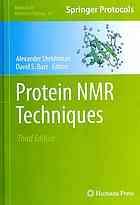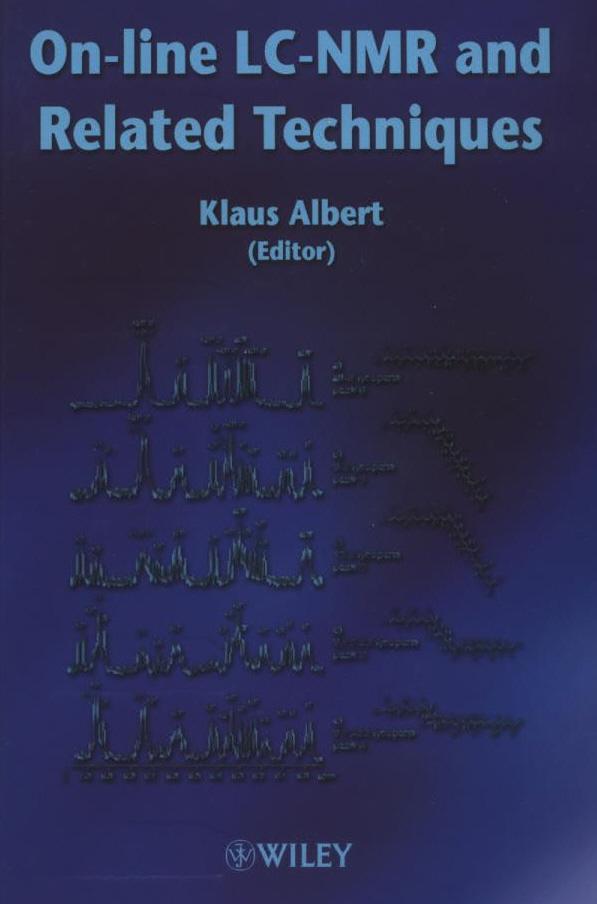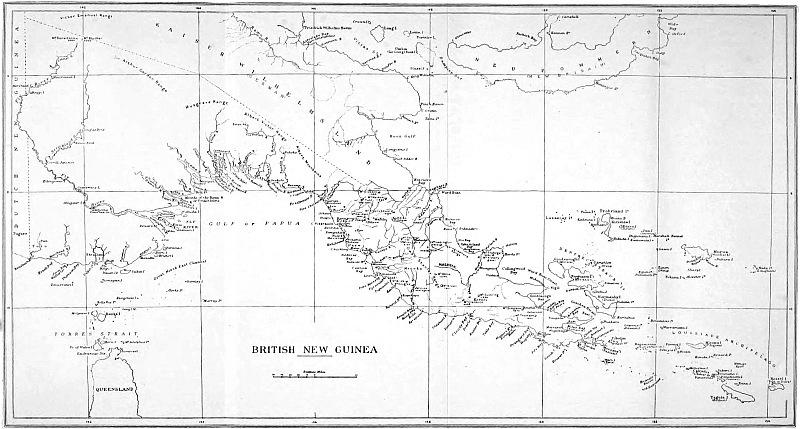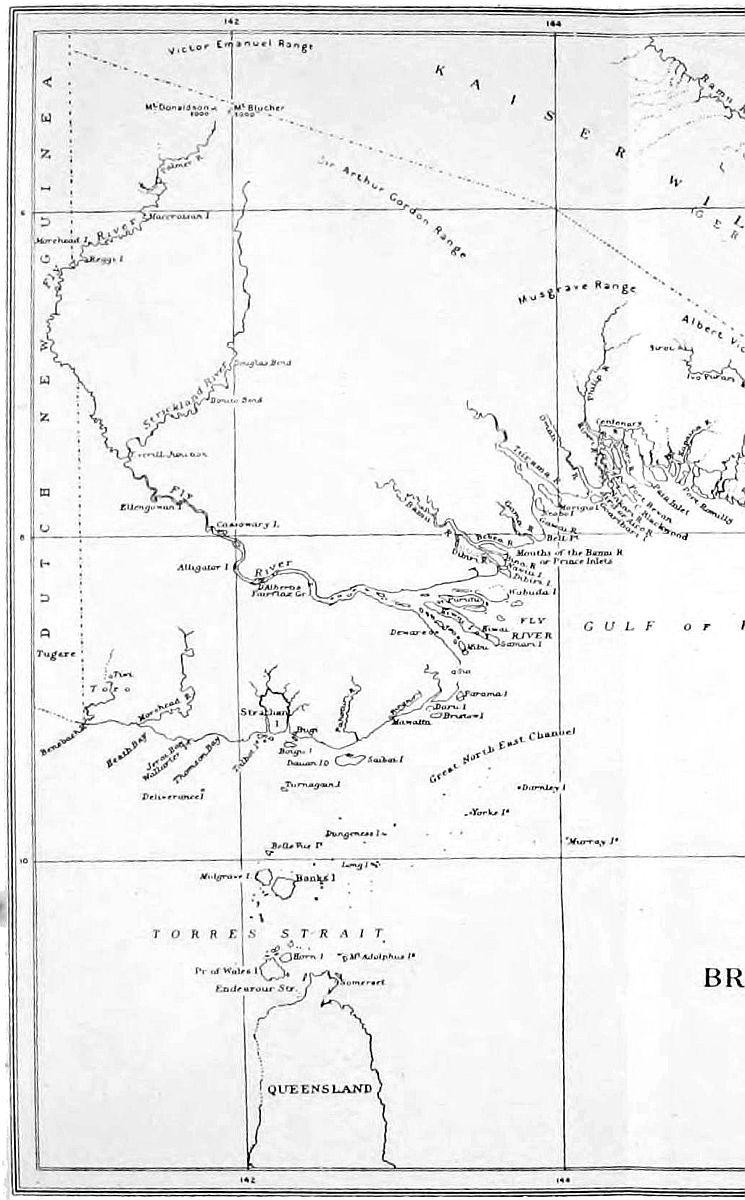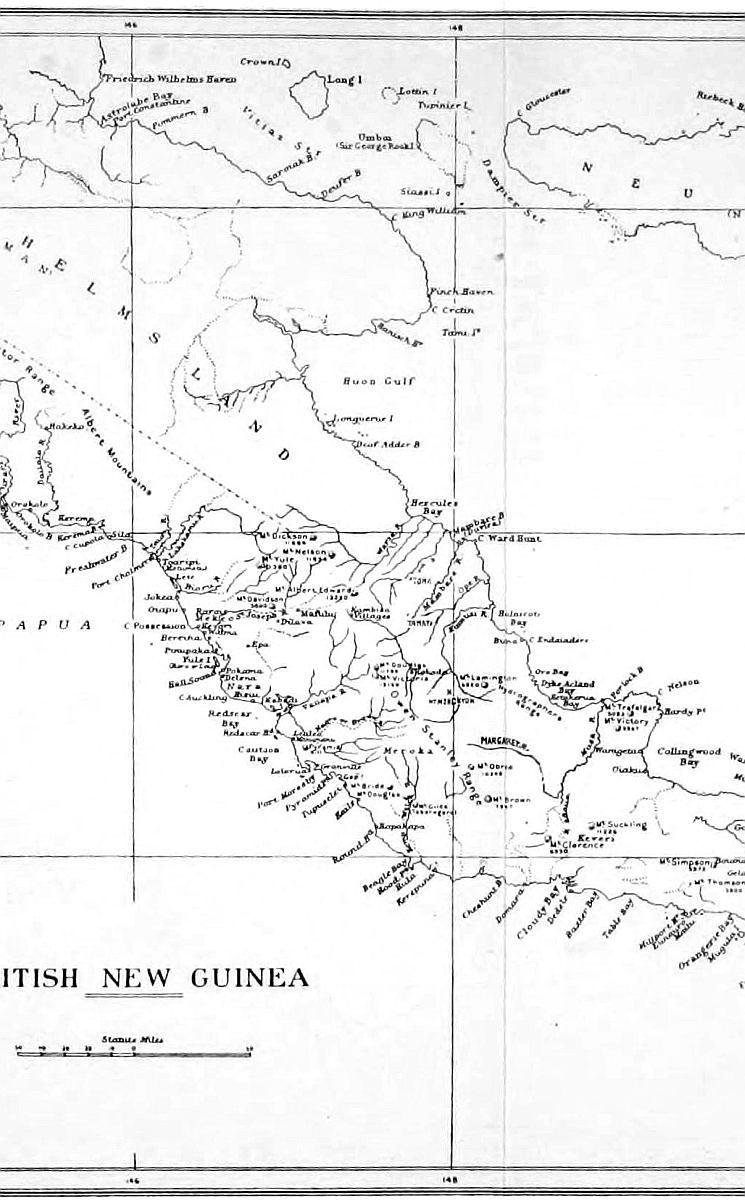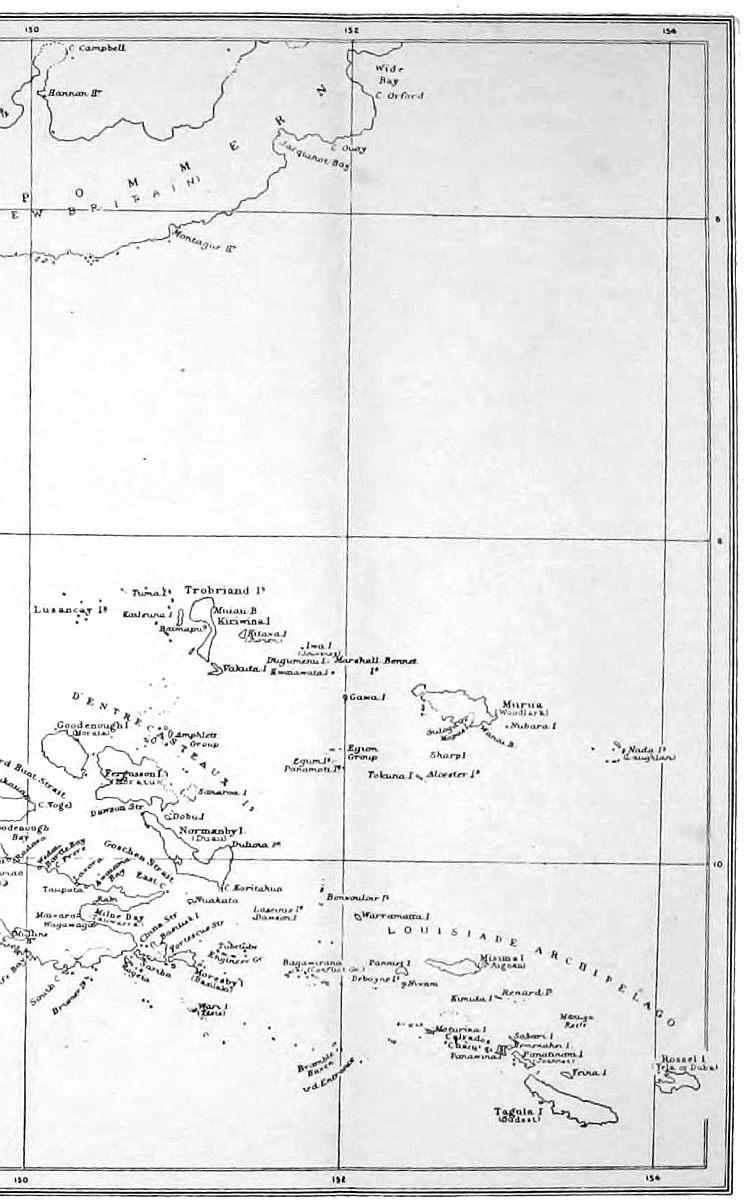Random
documents with unrelated content Scribd suggests to you:
Some time later the culprits appeared, looking wonderfully fresh, considering everything. “Where have you been so early, Commandant?” asked Robinson. “Auditing the pay sheets of the local detachment, sir,” promptly answered the unrepentant prodigal unwinkingly. “And you, Manning?” “The R.M. was rather tired this morning, sir, and I went to make some arrangements for him about the burial of the dead man,” lied Manning. Robinson stared at the pair of them for a few seconds, then, taking his stick, went off for a walk in the gardens.
“Did he believe us?” asked Bruce. “Of course not, you asses!” I said, “he both saw and heard you last night; besides, I told him all this morning. But he is pretending to believe you in order to avoid having to take official notice. Why didn’t you two fools stick to lager?” “Clunas had such a feed for us, turkey, goose, ham, bottled asparagus, and real potatoes,” said Bruce. “All right,” I interrupted, “I know what Clunas’ feeds are like; get to the drinks.” “You need not be so blank pious,” growled Bruce; “if you had been there you would not have come home at all, you would have stopped under the table with Walsh!” “You are a slanderous and ungrateful brute, Bruce!” I replied. “What did you drink?” “Clunas had some bottled cocktails, and insisted upon our having one each as an aperitif; then he made us have another to prevent the first feeling lonely; then at the feed we asked for lager beer. ‘Lager be damned!’ said Clunas, ‘this is no Methodist Sunday School!’ and shoved a pint bottle of still Burgundy in front of us. When we got to coffee he gave us a fine old liqueur brandy, and then he insisted upon showing us how his father brewed punch. By God! Clunas’ father must have been a strong man! That punch would make an elephant drunk! I don’t know how many glasses we had, but Manning went and lay outside and was sick, and I stuck to my guns until I had them all under the table, and then I came away.” For a few days after this there was a distinct chill in his Excellency’s manner towards the erring ones!
From Bogi we went down the Kumusi River in whaleboats and canoes, meeting on our way one Ambushi, the chief of a Kumusi tribe and a village constable, whom I at once arrested. “I have a
little list of nine recent murders by that man,” I told the Governor; “he is one of the most dangerous thugs in New Guinea, and always manages to bamboozle that weak ass Hislop. I have sent this man message after message, that unless he mended his ways I should hang him on his own cocoanut tree, and the only notice he has taken is to add yet another crime to his list. One of his most recent performances was the deliberate and cold-blooded murder of a child of ten years old, who was staying with its mother in his village. The old blackguard had some guests at a feast; he had plenty of pig, dog, and fish, but that wasn’t good enough; so he called to the unsuspecting woman to bring her boy up to him, and when she obeyed he dashed out the child’s brains before the mother, and added them to the menu. The woman knew it was useless going to Hislop, so she sent to me through Sergeant Barigi. I don’t believe the old reprobate is ever without human meat.”
“Ah! Mr. Ambushi!” I remarked to that worthy, “I have been long in coming, but I have come now, and a strong rope, a long drop, and your own cocoanut tree is your fate! And I have a little list of some of your friends who are due for seven years’ hard labour.”
“Only I can hang, Monckton,” said the Governor. “Yes, sir,” I said, “and when you have heard the evidence that I shall produce, you will be only too anxious to exercise that right.” We reached the beach, and I sent for the witnesses; when they heard that Ambushi was safely in custody, they were only too anxious to come. I sent Ambushi before the Judge on three separate and distinct charges of murder fully proved; I also sent a list of other murders I was bringing against him, without counting such minor crimes as robbery with violence, abduction, rape, and assault! The Judge heard the cases, then he told me to stop. “I can hang the man three times over already,” he said, “and he has richly deserved it in each case.” Ambushi was then sentenced to death. “I want to make certain, sir, that he does hang instead of having his sentence commuted by Executive Council at the last minute, so I shall keep my list, and have another go at him if he escapes the death penalty.” “The last decision as to the Royal clemency lies with me as administrator,”
replied his Excellency. “Ambushi shall be hanged; and furthermore he shall be hanged, as you promised, on his own cocoanut tree in his own village.”
The final scene took place in Ambushi’s village some weeks later. A wet, dull morning, the Kumusi rolling by in heavy yellow flood, a launch containing a white-faced ship’s officer, engineer, and seamen, hanging on to the bank, a crowd of sullen natives, silent and watchful, and myself shivering with fever, holding a warrant in my hand, whilst a ring of the North-Eastern constabulary, with bayonets fixed, stood round a cocoanut tree, to which was attached an ominous-looking cross-piece with two dangling ropes; a sergeant, with a sharpened tomahawk, sat on the cross-piece. One noose was adjusted round Ambushi’s waist, a file of constabulary seized the other end, and Ambushi swung up until his shoulders touched the cross-beams, where the sergeant fitted the second noose round his neck. “All clear, sir!” called the sergeant, raising his tomahawk. “Cut, sergeant!” Down fell the tomahawk on the rope round his waist and exit Ambushi. “Oh, people of the Kumusi, take warning by the fate of Ambushi and do no murder!” called Barigi, as the launch swung into the swollen river, and we hastened away from the spot.
CHAPTER XXVII
SINCE the writing of the last chapter much has happened; war has broken out, and I must go and fight in Kitchener’s Army. I had intended to conclude my book with a description of the ascent of Mount Albert Edward, and journey right across New Guinea from Kaiser Wilhelm’s Land to the Gulf of Papua. Both these expeditions were full of interest: men who wore wooden armour, a huge new mammal, prehistoric pottery, all had their part. Perhaps if this book proves of interest to people and all goes well, I may write an account of these expeditions at a later date.
BRITISH NEW GUINEA
(left)
INDEX
Abel, Rev, Charles, of the L.M.S., 247–249, 258–260
Acland, L. G. Dyke, at Cape Vogel, 104
—, —, accompanies the expedition to the Agaiambu and Dobudura, 274–279, 282–293
Ada, lugger, expeditions of, 32–57
Adade, of Dopima, 244
Adaua River, the, 207, 226
Ade, Private, 154, 157, 300
Admiralty Islands, the, 62
Aga tribe, the, 306
Agaiambu Lake, 275, 282
— tribe, description of the, 274–281
Agara, Private, and his wife, 200–203
Ahgai-ambo tribe, the, 280
Aia Kapimana, father and son, 127, 128, 130, 131, 136
Aidio, village of, 244
Aimaha, village of, 244
Airamu, village of, 232
AlbertMcLaren, schooner, 54, 169–171
Alligator Jack, 173
Alligators, stories of, 54, 103–105, 132, 160, 161, 193, 319
Ambushi, chief, 322, 323
America, pearls in, 45
Amphibious tribe, an, 274–281
Amuke of Dopima, 244
Anglican Mission, the, 31, 54, 105
Anson, Captain, of H.M.S. Orlando, 63
Antoinette, Sister, 136
Antony, Sergeant, 320
Ants, 159, 299, 317
Aparu, village of, 197
Arabia, 68
Arau-u of Turotere, 244
Arbouine, Charles, at Samarai, 28, 59, 75, 111
—, —, on sponges, 56
Arifamu tribe, the, 206
—, —, cannibalism among, 192
—, —, raid on, 268–270
Arita, Private, 172, 304, 312, 317
Armit, R.E., 75, 145, 242
—, —, appointed to the Northern Division, 143, 147, 172
—, —, at Samarai, v, 3, 4, 28, 75, 82
—, —, his advice, 85, 100, 111
—, —, his snakes, 134
—, —, murder of, 242
—, —, on ghosts, 111
—, —, trades in rubber, 72
Aru Islands, the, 62
Australasia, Federation of, 10
Australasian Parliament, 62
Australia, bubonic plague in, 64
—, Commonwealth of, 313
—, De Molynes, Governor-General of, 193, 312
—, gold-fields of, 13, 14
—, Labour Government of, 62
—, Marine Board, 65
—, population of Northern, 61, 62
—, sale of pearls in, 4
Australian Artillery, Royal, 240
Awaiama Bay, 53, 55, 56
Awaiama, murder at, 73
Bachelors’ Club, 154, 237
Baiba Bari Island, 243
Baibi, of Dopima, 244
Bai-ia, village of, 244
Ballantine, Treasurer and Collector of Customs, 111–113, 249
—, at Port Moresby, 136, 161, 163–165
—, his relief expedition, 154, 162
Bamu River, the, 239
Bapapa, 318
Bare Bare, village of, 226
Barigi River, the, 104, 268, 272, 274, 305, 306
Barigi, Sergeant, 201, 269, 278, 284, 287, 295, 296, 308, 309, 318, 322, 323
Bartle Bay, 153
Barton, Captain, appointed Administrator, 248, 253
—, —, as Commandant, 151, 166, 205, 208
—, —, as private secretary to Sir G. Le Hunte, 149, 150, 153, 157, 162
—, —, as R.M. of the Central Division, 119, 247, 265, 266
—, —, at Winiapi, 206
—, —, cures a snake-bite, 135
—, —, proceeds against the Doriri, 208–232, 256
—, —, visits the Agaiambu, 279, 280
Baruga tribe, the, 219, 269, 276, 279–281, 306–308
— —, defence of the, 175
Basilaki, island of, 53, 57
Basilio of Manilla, 117–124, 135, 250
Bêche-de-mer, trade in, 4, 41, 56, 191, 204
Bellamy, 301
Bert, my clerk, 250–253
Betel-nut, trading for, 150, 167
Bia, Corporal, 185, 268, 269, 295, 308
“Bill the Boozer,” 14, 21
Billy the Cook, his pub, 73, 75, 83, 94, 95, 100
SeeWisdell.
Binandere tribe, the, 172, 173, 217, 274, 298
Binandere, Bushimai chief of, 132
—, fearlessness of the, 115, 135, 189
—, sorcerers, 187, 189
—, warfare, 175
BlackMaria, 55
Black-water fever, 135
Blayney, Dr., R.M. for Central Division, acts as Treasurer and Collector, 113, 117, 126
Body snatching, 234–236
Bogege, chief of the Maisina, 191, 192, 199–203
Bogi, village of, 154, 289, 299, 314, 319–322
— mining camp, 54
Boianai, punitive expedition to, 106–108
Bonarua, village of, 197
Bouellard, Father, at Makeo, 121, 135, 140–143
Boure, village of, 222
Brady, Jim, gold-digger, 23–26, 62, 63
Bramell, Government Agent, acts as Customs Clerk, 113, 114
— at Mekeo, 113–116, 118, 129, 140









